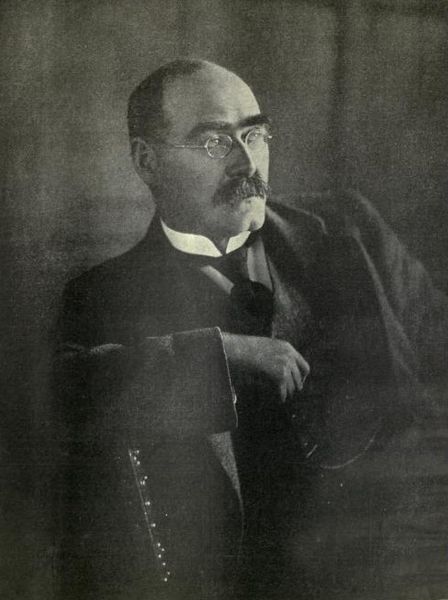

Although he won the Nobel Prize for Literature in 1907, Rudyard Kipling’s ‘publicly pronounced racist and imperialist attitudes have’, as Harish Trivedi observes, ‘damned him as an artist for many readers’. However, in his 1901 novel, Kim, Kipling offers a more nuanced engagement with the idea and practice of the Empire than is suggested in such poems as ‘The White Man’s Burden’.
Among many other things, Kim is a study of the character who gives the novel its name; the novel depicts his journeys across Imperial India, and is famous for its depictions of the characters and landscapes he encounters on that journey (though whether these depictions are beautiful, or racist, or both, is the subject of ongoing debate).
Reading Kim is a pleasure – guilty or otherwise – for many reasons, but prominent among these is the character of Kim himself. The effect of this appealing child might best be understood in terms of his charisma. In his theorisation of charisma as a form of authority, Max Weber suggests that it is a far more exceptional, and disruptive, quality than it is usually understood to be: Kim is charismatic because he is both exceptionally captivating and highly disruptive. Throughout the novel, various representatives of the British Empire – colonels, vicars, spies – endeavour to secure his loyalty to, and his services for, the Empire: Kim manages both to charm and to evade them all. Though universally adored as a ‘Little Friend of All the World’, Kim professes loyalty to no one. This charismatic capacity to enchant despite his refusal to pledge loyalty to the Empire makes Kim a deeply problematic subject of that Empire.
By extension, Kim is surely a problematic subject for the author who is seen to be such a vocal apologist for the British Empire. In his study of this charismatic child, Kipling studied the appeal of the Empire, without ever quite advocating it. Indeed, Kim’s joyous travels across India are a celebration of not being a loyal subject of the British Empire, even if they also enable Kipling to represent the wide reach of that Empire.
Roisín McCloskey is a PhD candidate in the English Studies department at Durham University, and a postgraduate representative for the Centre for Nineteenth-Century Studies. Read her article ‘The Charismatic Adolescent in Rudyard Kipling’s Kim’ online now.





